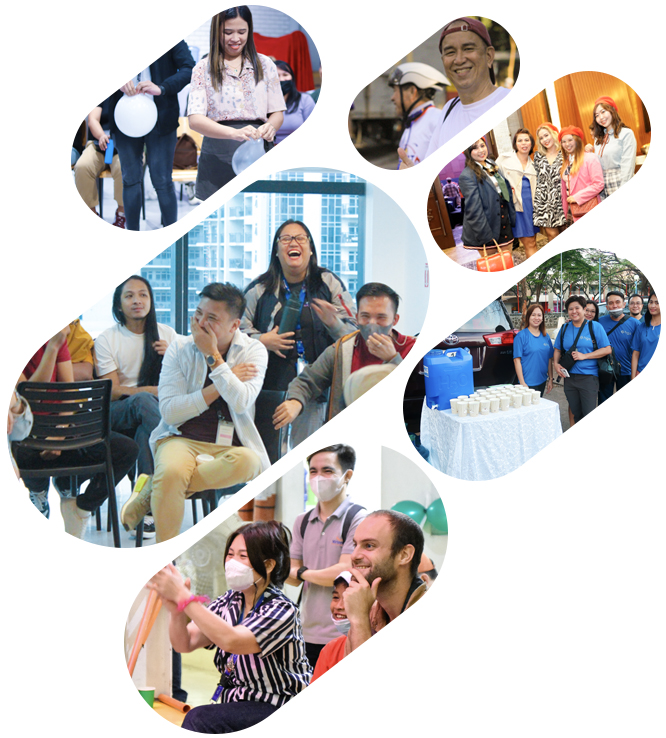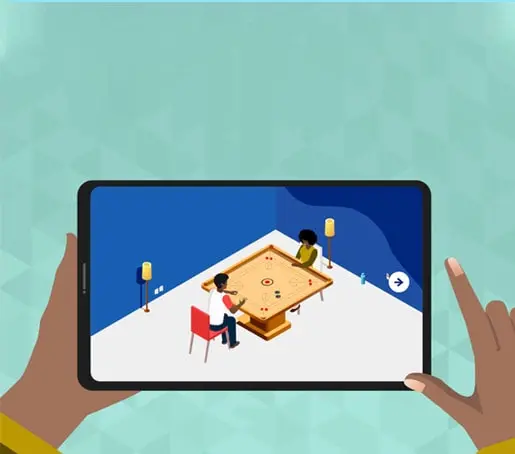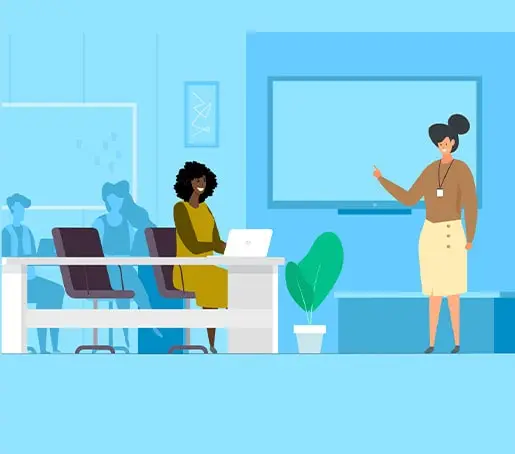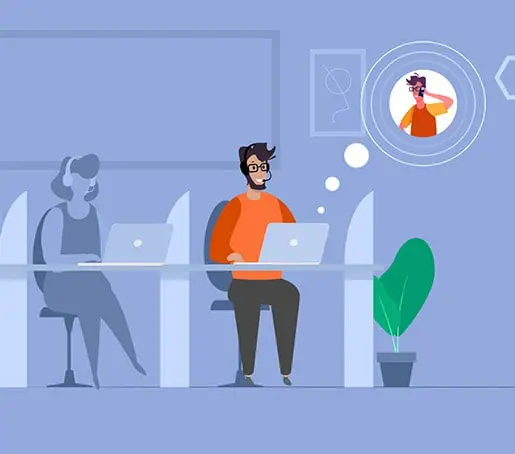
With automation increasingly transforming industries, the human touch in customer service is more precious than ever. In 2025, the success of customer-facing roles will largely depend on mastering customer care soft skills. These skills enable professionals to engage genuinely with customers while boosting loyalty, satisfaction, and overall brand perception.
Customer service professionals in fast-evolving markets like the Philippines must stay agile by strengthening key soft skills. This blog explores the best soft skills for customer service in 2025, offering practical insights for growth, recruitment, and training and real-world soft skills customer service examples to illustrate their impact.

Essential Soft Skills for Customer Service Excellence
Contrary to popular belief, soft skills of customer service aren't just 'nice to have'; they're essential. They often determine whether a customer returns or chooses a competitor. The following are the most in-demand soft skills, from front-line customer support to senior customer service representative soft skills.
1. Empathy: The Heartbeat of Customer Connections
Empathy is feeling and comprehending another person's emotions and viewpoints. It underpins every successful interaction in customer care.
Why it matters:
- Empathetic answers leave customers feeling heard and valued.
- They diffuse tension and open the door to meaningful resolutions.
Example: An angry customer calls about a delayed shipment. A compassionate agent could say, "I know how frustrating that must be. Let me check into it immediately and figure out the best solution to make this right for you." Empathy establishes trust, and trust creates loyalty.
2. Active Listening
Active listening is hearing the words and being fully engaged and present in the dialogue. It includes:
- Avoiding interruptions
- Reflecting on what the customer has said
- Asking clarifying questions
It reduces misunderstandings and leads to more accurate resolutions, especially in complex situations. It's one of the best soft skills for call center agents because it directly enhances first-call resolution (FCR) rates.

3. Clear Communication: Bridging Gaps Effectively
Clarity rules in customer service. Clear communication means being concise, respectful, and easy to understand. It is also about adapting tone and language to match the customer's level of understanding.
Customers don't want jargon; they want solutions. Communication should be:
- Clear but compassionate
- Professional yet friendly
- Helpful without overwhelming the customer with information
This skill is essential for customer service when handling technical issues or upset customers.
4. Problem-Solving: Turning Challenges into Opportunities
The ability to solve problems quickly and creatively is a hallmark of top-performing agents. It is very important that when customers encounter issues that are not planned for, they require rapid support.
Why it’s important:
- Problem-solvers can adjust rapidly and locate substitute solutions.
- It demonstrates ownership and initiative, behaviors appreciated by customers.
When combined with effective customer complaint resolution strategies, customer support soft skills can turn a negative experience into a story of exceptional service.
5. Patience: Maintaining Composure Under Pressure
One of the most important call center soft skills is patience, which can make or break the customer experience in stressful situations.
Why is patience so important?
- Customers may take time to describe their issues.
- Some issues require repeated information gathering.
- Challenging situations are unavoidable.
Staying calm and level-headed is professional. It puts the customer at ease, letting them know they're in good hands. It also ensures minimal escalation due to emotions.
6. Adaptability: Thriving in a Changing Environment
By 2025, customer service jobs will be even more dynamic, thanks to AI platforms, cross-channel exchanges, and evolving consumer behaviors. Agents must adjust to new technology, workflows, and customer habits.
Adaptability can be seen in:
- Adopting new CRM tools
- Switching easily among channels (chat, phone, email)
- Adapting to policy changes or product updates
It's essential for long-term career growth in customer experience.
If you’re seeking to future-proof your career, explore: Skills upgrade to master customer service roles
7. Emotional Intelligence: Navigating Complex Interactions
Emotional intelligence (EQ) includes empathy, self-awareness, and interpersonal ability. It helps agents to:
- Correctly interpret customer tone
- Regulate their emotional reactions
- Quickly establish rapport
EQ is crucial in high-interpersonal-contact roles and can be a deciding factor in hiring and promotions.

8. Conflict Resolution: Converting Disputes into Solutions
Disputes are unavoidable, but how they are managed makes all the difference. Conflict resolution involves:
- Identifying the root cause of the issue
- Offer equitable, mutually acceptable solutions
- Maintaining open and respectful communication
Potent conflict-resolution agents transform bad situations into opportunities to build loyalty. This is where well-trained customer service representatives can excel, often turning frustrated customers into loyal ones.

9. Creativity: Innovating Customer Solutions
Lastly, creativity is a desirable soft skill in new customer service. Innovative agents:
- Think outside the box
- Provide surprise benefits or bespoke solutions
- Improve internal processes for future cases
Creativity doesn't mean improvisation without structure. It means knowing the rules well enough to find exceptional ways to work within or around them when needed.
Conclusion
In 2025, customer service soft skills will no longer be "bonus traits" but essential skills. As customer expectations change, businesses will value candidates and teams who have both emotional intelligence and people skills on their side.
If you're job hunting or preparing for leadership roles, reflect on how your existing skillset corresponds to this soft skills list for customer service. Those responsible for hiring should use these as touchstones for recognizing high-potential candidates.
Are you looking to take the next step in your career? Explore current opportunities in customer service jobs with HGS Philippines and beyond.
Frequently Asked Questions (FAQs)
Can soft skills be measured or assessed during hiring?
Yes, through behavioral interviews, role-play scenarios, and situational judgment tests.
Are soft skills more important than technical skills in customer service?
Often, yes—while technical skills solve problems, soft skills build trust and ensure a positive customer experience.
What soft skills help resolve customer complaints more effectively?
Empathy, active listening, patience, and clear communication are key to de-escalating and resolving issues.
What’s the impact of poor soft skills on customer experience?
It leads to misunderstandings, frustration, and loss of trust, often resulting in negative reviews or lost customers.
 Philippines
Philippines Canada
Canada Colombia
Colombia India
India Jamaica
Jamaica UK
UK US
US SA
SA



